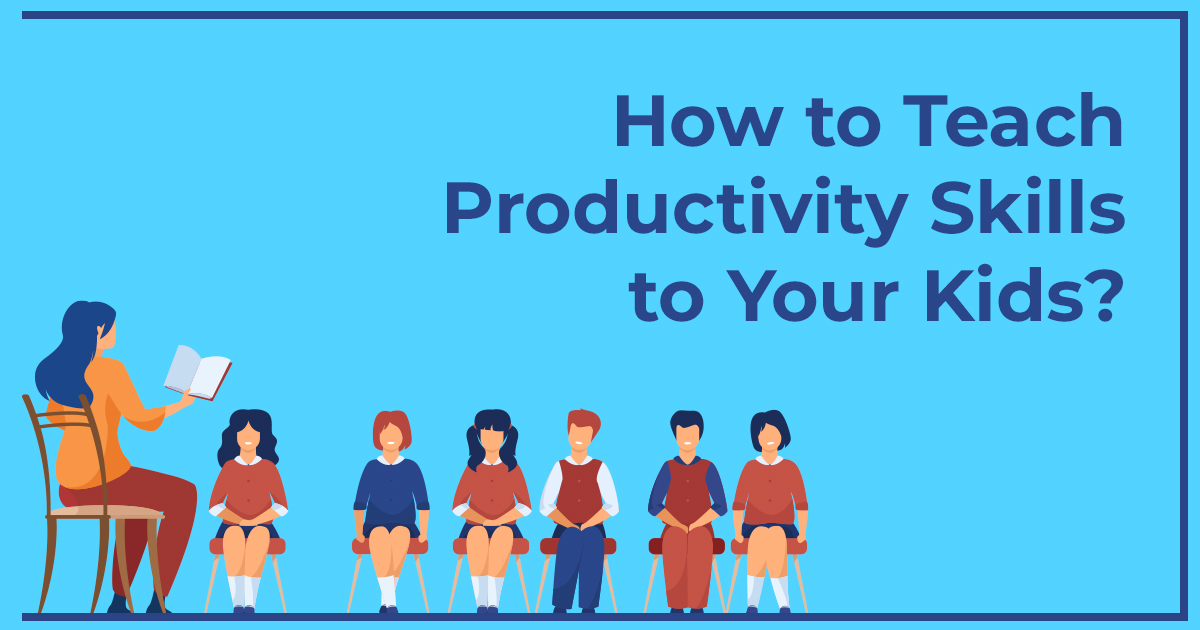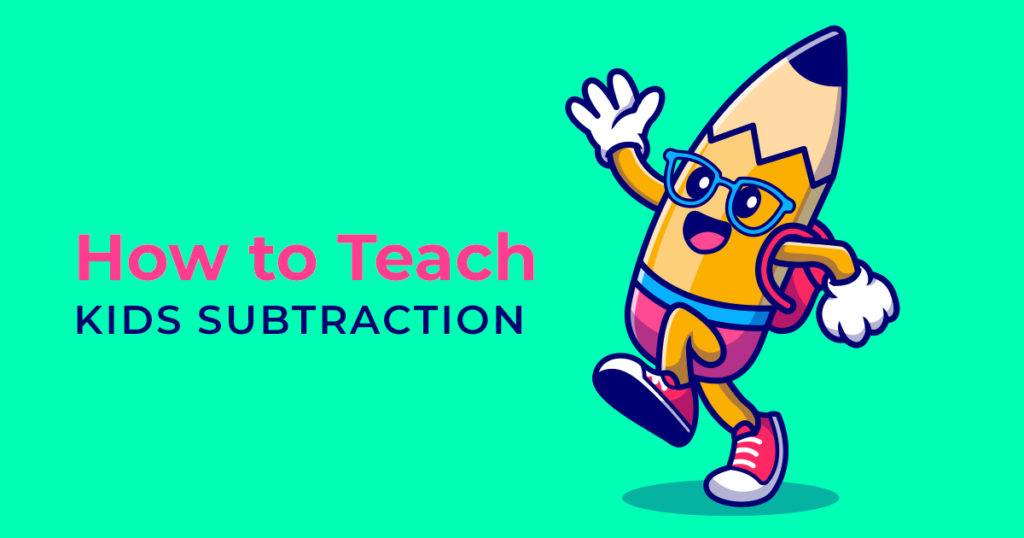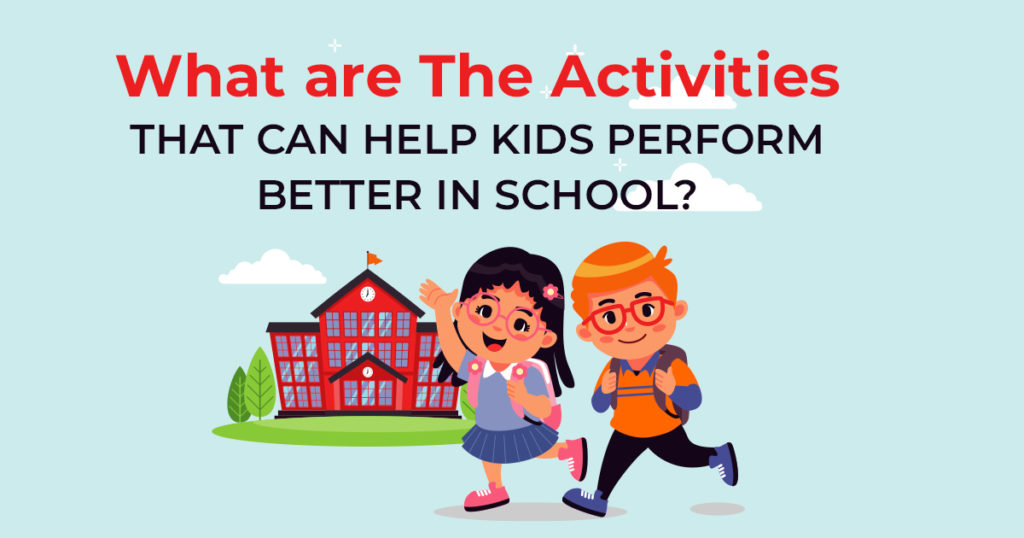[vc_row][vc_column][vc_column_text]As we all know, raising children is a difficult task. And as a parent, you must not only care for your children, but also teach them the ways of life and influence them toward success. And by being productive human beings they could enjoy life to the fullest when they grow up. And that’s why many parents wonder what the ways are to teach productivity skills to kids. In this article, we will look at why productivity for kids is important. As well as some helpful tips for parents on how to teach productivity skills in their children.[/vc_column_text][vc_column_text]
What exactly does productivity means?
Simply , productivity is the ability to complete more tasks in less time and with better results. Meaning, being able to complete more tasks and goals more effectively, if we are productive with our time.[/vc_column_text][/vc_column][/vc_row][vc_row][vc_column][vc_column_text]
Why is child productivity important?
Being productive is important. Because it allows us to accomplish more in less time and perform better with limited time and resources. It’s also an important skill for kids to have. Especially when younger children may not be as motivated to do what they need to do for a variety of reasons. It is very easy for a child to become distracted, confused, upset, tired, and disinterested in completing a task. If children continue to struggle with tasks, they will be unprepared to thrive as adults. That is why it is critical to begin teaching these skills to children as early as possible.
According to one study from the University of Warwick, productivity can also directly affect happiness, instigating it. The study also say that Productivity gives purpose, helps in growth, and lifts the mood. Therefore, it’s important to teach productivity skills to kids.[/vc_column_text][/vc_column][/vc_row][vc_row][vc_column][vc_column_text]
How to Teach Your Children Productivity Skills
Below are five simple steps and positive parenting practices to help our children be more productive.
-
Every morning, make a to-do list.
It’s extremely difficult for a parent to strike the perfect balance between work and family life. Work with your children early in the morning to create a schedule of productive things for them. Remember to keep it fun, colorful, and interesting, just like kids do. A timetable teaches children the value of not wasting time, and they will appreciate the time set aside for leisure and relaxation even more. With time, this practice will assist children in developing important organizational and productivity skills.
-
Discuss with your children about the next steps.
Following the completion of a to-do list, it is now time to teach children how to differentiate the priority levels of tasks. We must teach them how to deconstruct complex tasks into simpler steps. Complex things, like puzzles, become easier to solve when broken down. We must also continue to encourage our children to respond to the question, ‘What’s the next step?’ Over time, they will begin to ask themselves the same question, which will help them form the habit of prioritizing steps, providing them with the important skill of problem solving.
-
Encourage them to participate in more physical activities.
Staying at home all day can cause children to become agitated and lethargic. It is critical to devote at least one hour per day to physical activities such as running and skipping ropes in order to keep children healthy, active, and productive. Remember to keep these sessions fun and engaging so that kids enjoy participating in physical activities.
-
Think about educational games.
Consider using games to teach kids productivity skills. Look for enjoyable educational games that require children to apply problem-solving, critical thinking, and cognitive skills, as well as essential reading skills. Search for games such as quizzes, scrabble, board games, children’s story books, and even online story books.
-
Get them involved in household chores.
Allow your children to assist you with the many household chores in small ways at first. Young children imitate everything we do, so remember to set a good example by working productively. Getting them involved in this way, with a reward thrown in occasionally when tasks are completed, helps them become productive and responsible at the same time.
[/vc_column_text][/vc_column][/vc_row][vc_row][vc_column][vc_column_text]It takes a lot of time and effort to teach these skills to children, so remember to be patient and supportive throughout the process. It will take time for our children to become productive, but with the right guidance and support, they will grow into responsible, productive, and successful adults.[/vc_column_text][/vc_column][/vc_row]



